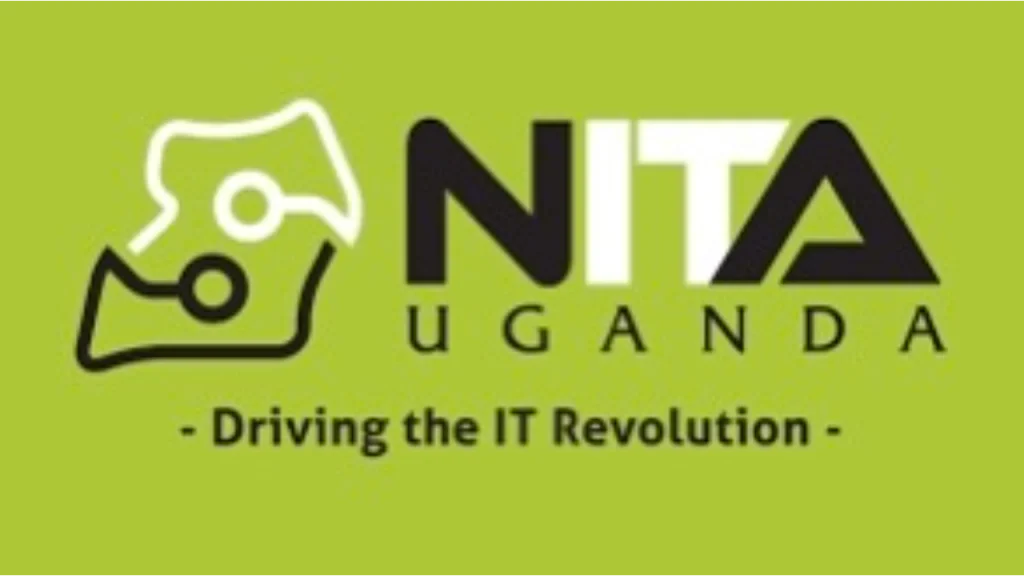- NITA-U leads national digital transformation initiatives.
- The authority faces challenges in access to technology but is driving forward with solutions.
The National Information Technology Authority Uganda (NITA-U), a government body under the Ministry of ICT and National Guidance, is at the forefront of Uganda’s digital transformation. Its primary mission is to develop, promote, and coordinate the implementation of Information and Communication Technology (ICT) policies and infrastructure to support the government’s national development agenda. With a strategic focus on creating a digitally connected society, NITA-U works towards enhancing both public and private sector ICT capabilities to improve service delivery and ensure digital inclusion.
NITA-U and Uganda’s digital infrastructure
Since its inception in 2009, NITA-U has been driving initiatives aimed at modernising Uganda’s ICT infrastructure. It manages and maintains the National Data Centre, a state-of-the-art facility that hosts government IT systems and enables critical data processing. This effort is crucial in helping Uganda transition from traditional to digital services, offering a reliable base for e-government solutions, e-commerce, and digital education platforms.
One of the most notable projects is the National Backbone Infrastructure (NBI), which serves as the backbone for broadband internet across the country. This initiative connects Uganda to the rest of the world, bridging digital gaps between rural and urban areas. The success of this infrastructure project has facilitated faster internet access for millions of Ugandans and opened doors to digital education and online business growth.
Also read: Infinity Broadband: Redefining fibre connectivity
Also read: iOCO: Powers eThekwini’s digital transformation
Challenges and innovations
Despite these advancements, the ICT sector in Uganda faces several challenges. One of the most significant hurdles is internet accessibility, especially in remote areas. Although the national backbone is operational, rural areas still struggle with poor connectivity due to infrastructure limitations and cost barriers. However, NITA-U’s continuous push to expand broadband access across the country aims to remedy this, focusing on increasing coverage in underserved regions.
Another challenge is digital literacy. As the government introduces more digital platforms for services, there is a critical need for public awareness and training in digital skills. NITA-U has been proactive in conducting workshops and initiatives to enhance digital literacy among Uganda’s citizens, ensuring they can navigate these new technologies effectively.

